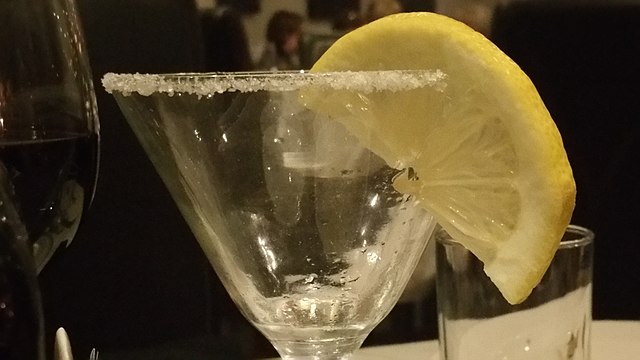They may be two different products but Mexican tequila and South African beer both use a common spice, namely lime.
This is why South Africa’s AB InBev, originally from Mexico, decided to grow its own limes to stem international shortage. One of the company’s key brews is Corona beer, which is served with a slice of lime.
A nearly similar scenario played out for Mexgrocer, a Mexican cocktail export firm that reinvested in Europe after Brexit spiked costs.
The exporter used to bring its tequila to the UK and distribute it across Europe but with Brexit, all changed.
“That was no longer possible,” Eduardo Gomez of Mexgrocer told The Times in a story published February 22, 2024.
Unlike the South African firm that took to lime farming on a 60-hectare farm, Gomez reset import base in Holland.
Tajîn or Lime?
The two companies, however, seem to agree on the use of lime and tajîn as the perfect spices for cocktails.
While AB InBev, now under South Africa Breweries (SAB), uses lime cutlets over beer, Mexgrocer uses Tajîn droplets over tequila.
Tajîn clásico is a sauce that is popular in Mexico that contains lime, chilli and salt as its main condiments. It not only spices up a glass of beer but also comes handy in Mexican food.
Taming Costs Across The Atlantic
For the two companies, procuring the two ingredients need different approaches to cut costs across the Atlantic.
After Covid-19 slowdown affected international lime supplies, AB InBev decided to give a try to South Africa’s lime sector. At that time, the country grew only 10% lime in all its citrus groves. The situation has now changed since SAB invested ZAR 19 million ($999,000) to grow limes.
The firm expected a 2023 lime crop from its 60 hectares of 700 metric tonnes, a leap from 2022’s 300 tonnes.
Mexgrocer, in its part, continues to brave the import battle by bringing its lime godown in the heart of Europe.
It used to generate 30% income from the European market before Brexit and had to reinvest £2 million in Holland afterward.
This way, the firm can import as much tequila from across the Atlantic as necessary and still maintain costs.
In a word, the two entities are showing timely re-approaches to trade at a time when shipping costs are rising.
